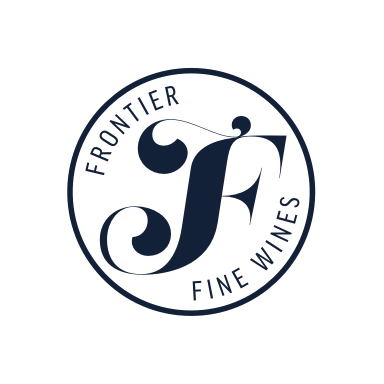Leeu Passant
These wines are made at Leeu Estates in Franschhoek, which was founded by Analjit Singh. The partnership with Chris and Andrea Mullineux started in 2013 when Analjit, who had visited South Africa for the first time in 2010 for the FIFA World Cup, bought into Mullineux. Chris and Andrea were brought in as winemakers at Leeu Estates, enabling them to work with fruit from Franschhoek, Stellenbosch and other regions beyond Swartland. “Rosa Kruger, their viticulturalist, had for years been enthusing about various parcels of fruit, but as they were outside the Swartland, they couldn’t be use in the Mullineux range,” explains Chris.
Rosa Kruger, named ‘the queen of the Cape’s old vines’ by Tim Atkin MW, has been almost single-handedly responsible for finding and saving many of the Cape’s most venerable vineyards. Rosa also works with Fairview in Paarl and Gabriëlskloof in Walker Bay, but lives in Riebeek-Kasteel in Swartland, so is a neighbour of Chris and Andrea. They were keen to work with old-vine fruit, so were excited when Rosa pointed them in the direction of two of the oldest registered red wine vineyards in South Africa, both with dry farmed Cinsault bush vines. The ‘Basson’ vineyard was planted in 1900 (during the Boer War) near Wellington on deep sandy alluvial soils, while the ‘Lötter’ vineyard was planted in 1932 on the lower eastern slopes of the Franschhoek mountains. “We wanted to tap into the heritage of the great Cape wines of the 1950s and 1960s, and retain their best parts but make them in a modern, non-interventionist manner” says Chris. Both the Wellington Old Vines Basson Cinsault and Franschhoek Old Vines Lötter Cinsault are 100% whole bunch fermented, which gives them lifted aromas and tannins that drive the fruit through the palate. They are, quite simply, masterpieces.
The Dry Red Wine also celebrates the Cape’s heritage. With few exceptions, the great wines of the 1950s and 1960s were red blends, usually based on Cabernet Sauvignon and Cinsault. This wine is a blend of 56% Cabernet Sauvignon, 26% Cinsault and 18% Cabernet Franc from vineyards in Stellenbosch, Wellington and Franschhoek. The grapes are 50% whole bunch fermented to give the wine its lovely aromatic dimension and grainy tannins, while its marked freshness is preserved during 12 months’ ageing in 500-litre French oak barrels (30% new), then a further eight months in 2000-litre foudres after blending.
The fruit for the Stellenbosch Cabernet Sauvignon is sourced from vineyards on the cool slopes of the Helderberg Mountain and Polkadraai Hills. The grapes are fully destemmed then fermented with indigenous yeasts, prior to ageing in 500-litre barrels for 20 months. The wine has the lovely tobacco leaf aromas of Cabernet grown on cooler slopes, with ripe, grainy tannins nicely balanced by good acidity on the finish. The Stellenbosch Chardonnay is sourced from a vineyard planted in the deep loam-rich soils of the strongly maritime influenced Helderberg Mountain. The fruit is hand-picked, whole bunch pressed, and barrel fermented (30% new oak) with indigenous yeasts, after which the wine is aged for 18 months. It is rich, intense, mealy and smoky, with lovely balance and length.
